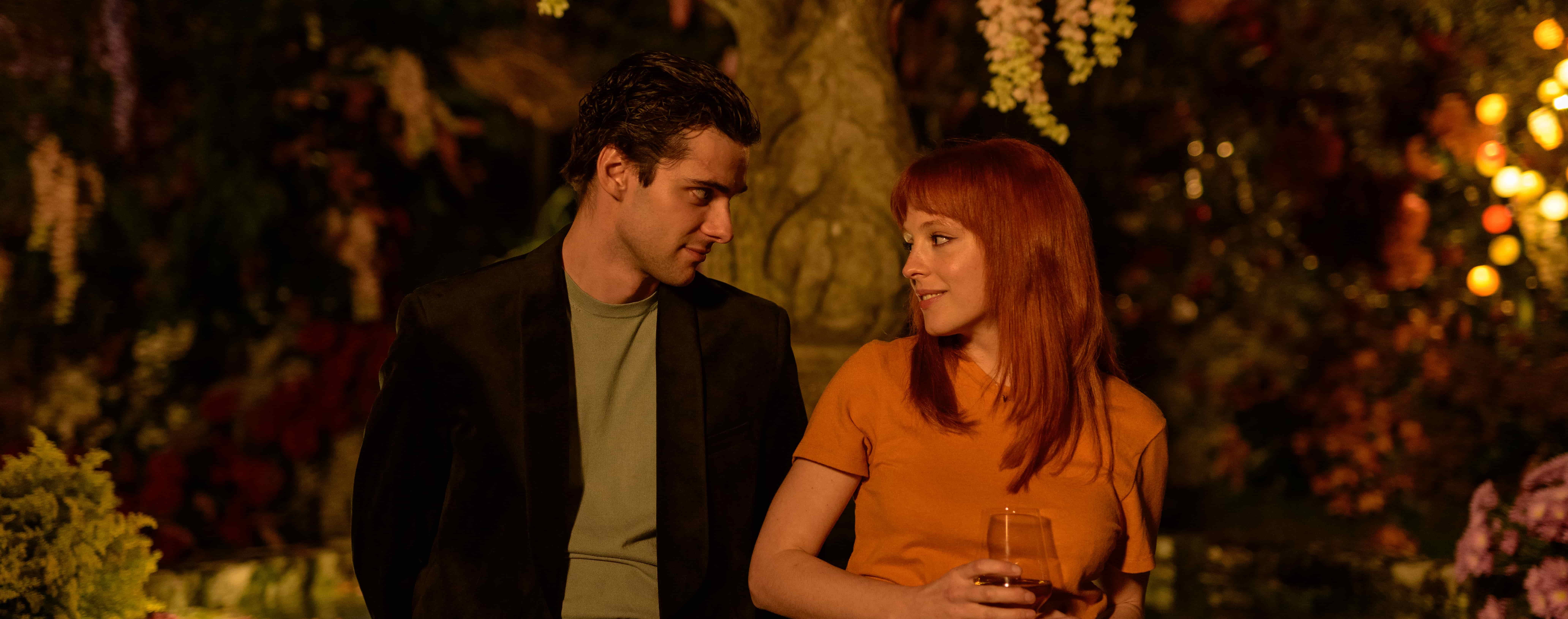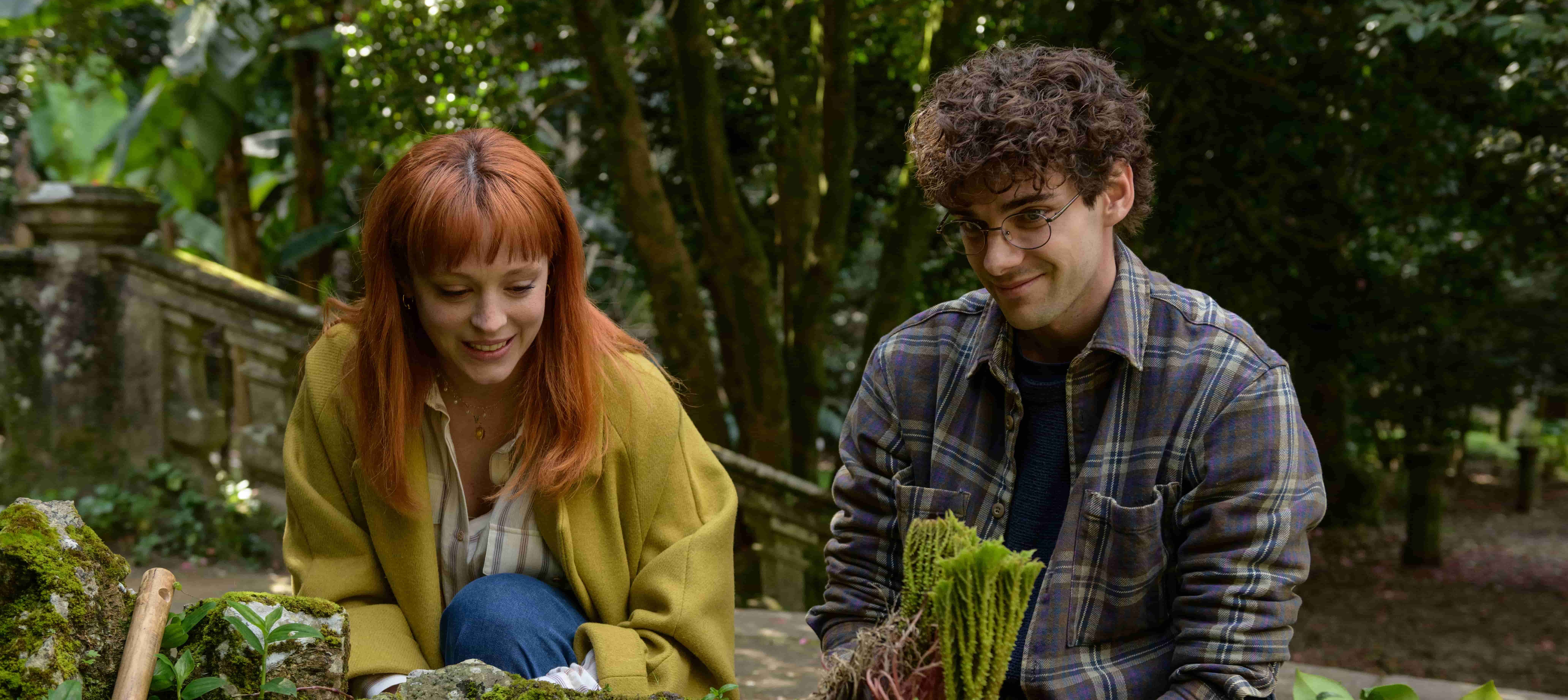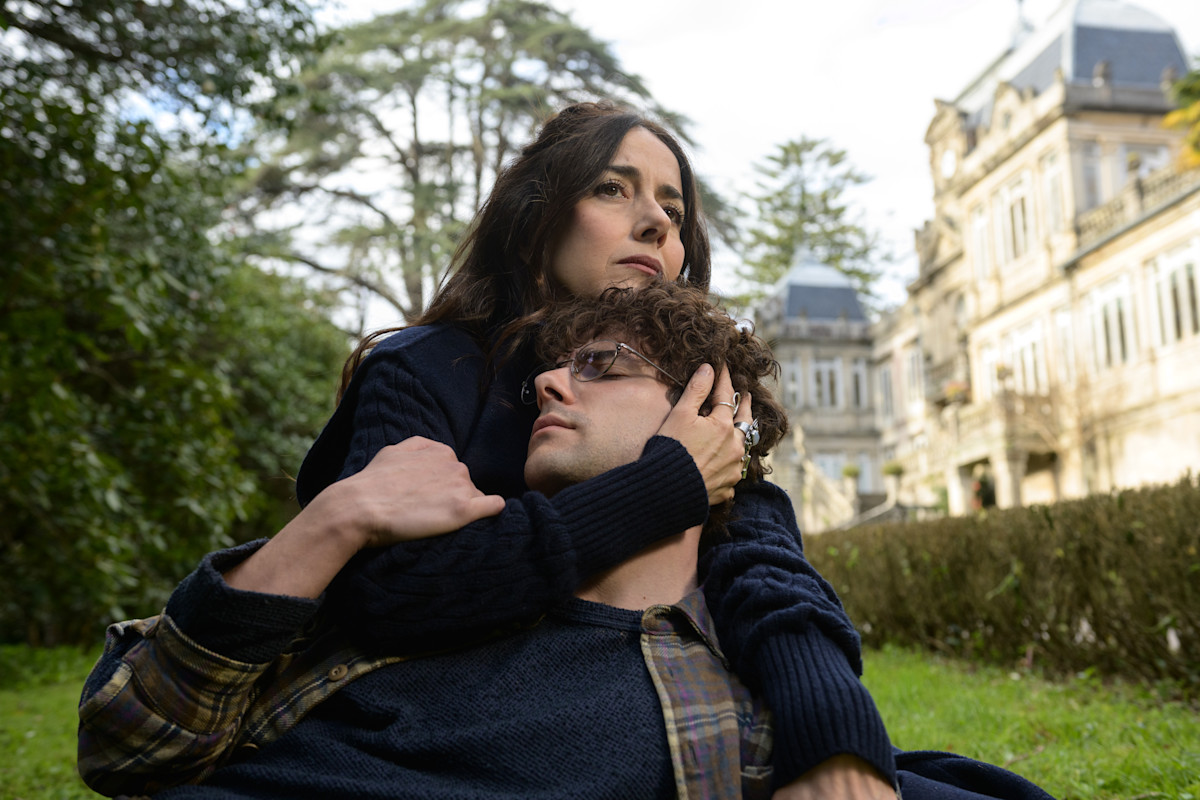Created by Miguel Sáez Carral, the Netflix Spanish romantic thriller ‘The Gardener’ may begin like a contemplative drama about plants and familial love, but it quickly reveals itself to be something far darker and more twisted. At the heart of the story is Elmer — a cold, emotionally detached man who, along with his fiercely protective mother, La China Jurado, runs a landscaping business that doubles as a front for contract killings. The show has drawn comparisons to Dexter and Barry, but its somber tone, philosophical narration, and distinct visual style set it apart. With such a grounded portrayal of a complex mother-son duo and a narrative deeply embedded in themes of morality, emotional trauma, and systemic failures, many must wonder if the show’s narrative is rooted in reality.
The Gardener is a Fictional Psychological Thriller
Despite its clinical narration, realistic family dynamics, and hauntingly quiet tone, ‘The Gardener’ is not based on a true story. Elmer is a fictional character created entirely by writers Miguel Sáez Carral and Isa Sánchez for the screen, and there are no public records or real-life assassins known to operate under the guise of a mother-son landscaping service. The premise may feel grounded in a believable world, especially with how calmly the violence unfolds, but it’s a purely imaginative creation.

What makes it feel real, though, is the character detail. From the way Elmer builds his garden like an altar to the emotionally loaded voiceovers from La China Jurado, everything is played straight—no winks, no excess. The realism is emotional and psychological, not factual. The writers play with true crime tropes—the cold, methodical killer, the morally gray parent, the hidden trauma from a childhood accident—but subvert them by adding surreal touches like Elmer falling in love with his target or his unique obsession with plants.
A Neurologically Rooted Condition That Grounds Elmer in Reality
Elmer’s condition is revealed early in the show: a traumatic brain injury from a car crash at the age of six damaged the cortex of his right frontal lobe. As his mother narrates, “he lost the ability to feel emotions.” While this might sound exaggerated, it does have some neurological grounding. Damage to the frontal lobe—especially the prefrontal cortex—has been linked to disruptions in emotional regulation, impulse control, empathy, and long-term decision-making. Studies on individuals with such injuries often reveal a detachment from typical emotional responses.

It doesn’t mean someone becomes violent, but it can result in emotional blunting, a muted ability to process or express feelings. In ‘The Gardener,’ this condition isn’t used as a plot device. Instead, it gives Elmer an eerie blankness that feels rooted in science, not caricature. His muted behavior is portrayed less like villainy and more like malfunction—adding weight to every stare, every silence, every hesitation. Rather than building a case for why he could be real, the show simply makes him feel real.
A Calm and Poetic Visual Language That Has Some Familiarities
What makes ‘The Gardener’ so unnerving is how still and soft it feels, even when depicting violence. There’s no screeching score, no overtly terrifying framing—just pastel gardens, slow movements, and delicate voiceovers. It’s closer in tone to a nature documentary or a quiet art film than a crime drama. The show’s aesthetic leans into hyperrealism with a painterly touch—recalling the clinical symmetry of ‘The Killing of a Sacred Deer,’ the softness of a romantic drama, or the muted tension of ‘Memories of Murder.’ The camera rarely moves fast.

The violence happens in a haunting way and is shown with no urgency. The horror is in the silence. This minimalist approach doesn’t just differentiate the show—it makes it linger. Like a dark fairy tale hiding inside a florist’s journal, it seduces you with stillness before unsettling you with intent. Every frame is careful, controlled, and faintly melancholic. And when the tone shifts—gently, never abruptly—it doesn’t feel like a genre pivot. It feels like the natural evolution of a character beginning to possibly feel. Whether that’s love, guilt, or confusion, the show never shouts it. It just lets it bloom quietly.
Read More: The Gardener Ending Explained


